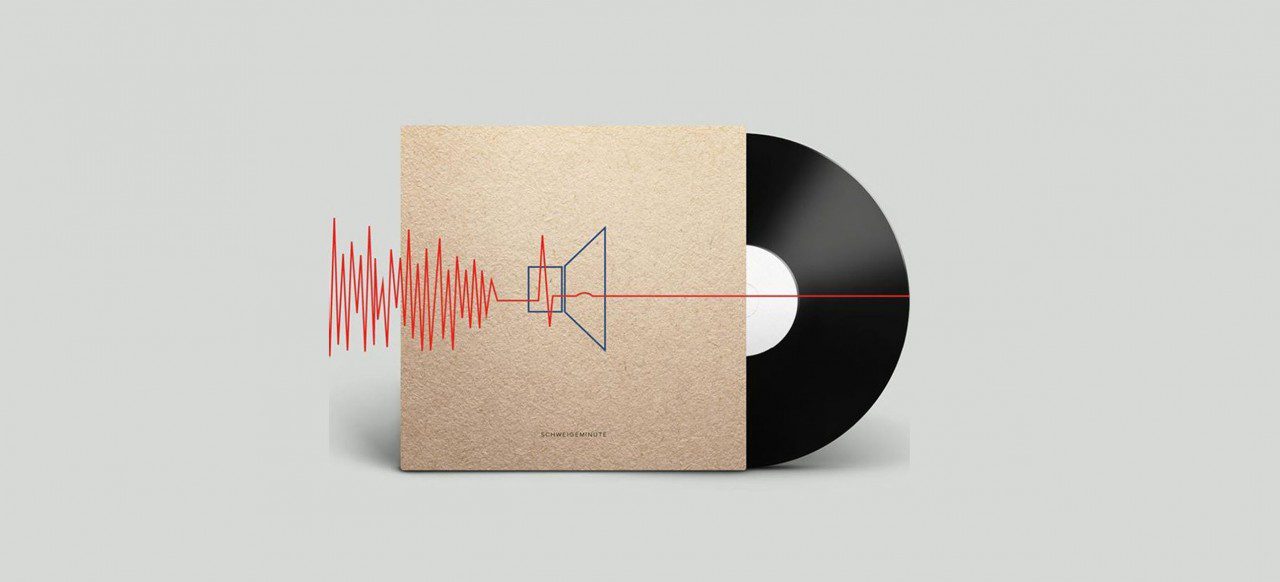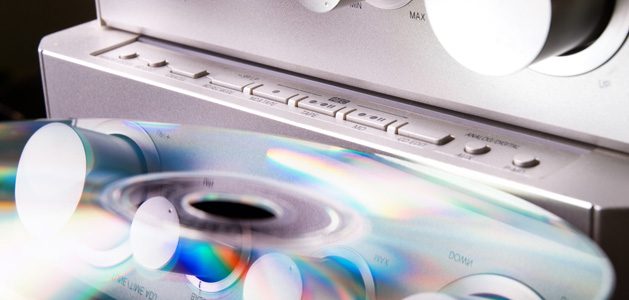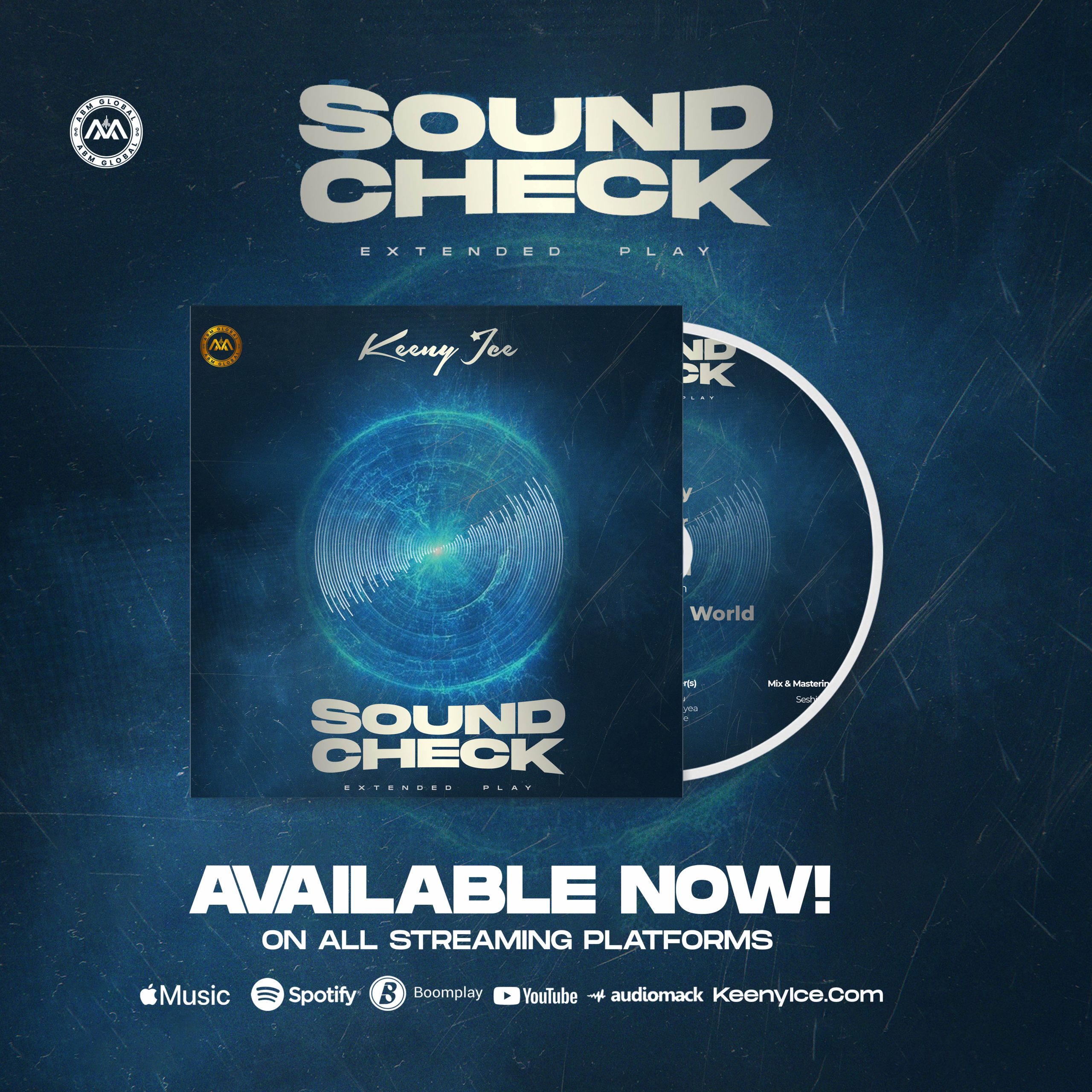Choosing between licensing and distribution is a common challenge for any indie labels, especially when it comes to trying to get their albums out internationally. They each have their own benefits and drawbacks and can have a significant impact on your career.
Licensing?

Licensing is when another business, usually another record label or a distributor, purchases the rights to an album from you. They pay you a set fee and then take on the task of acting as the label for that album in the territory for which they licensed the album. For instance, let’s say you have a Ghana based label, and you have an album on your label that you want to release in Spain. A label in Spain then licenses the album from you. They now have the rights to sell that album on their label in Spain.
They take responsibility for manufacturing the album, promoting it, and getting it distributed in their country. If they make tons of money selling it, then the rewards are all theirs; you don’t make any money beyond your original licensing fee. If they lose money on the album, then that loss is all theirs too; you still keep your licensing fee regardless of the album’s performance and sales.
Distribution

Distribution, on the other hand, refers to getting your albums into shops. With a distribution deal, you only make money on what you sell, and your label is responsible for manufacturing and promotion. If you make a lot of money, you get to keep it all. But if you lose a lot of money on the album, then the losses all come from your pocket.
Which to Choose

Licensing and distribution each have pros and cons. For your own territory, a distribution deal is ideal, because it leaves you in the driver’s seat. You want to build a name for your label, and to do so, you have to be in control of your releases and artists. In rare cases, an indie label may have an artist that is generating a lot of buzz and bigger labels may start approaching you, wanting to license the album for themselves. A licensing deal may be appropriate in a label’s territory in this case; the bigger label may have the resources to give the artist more promotion, and the licensing deal could be a sizable cash injection for the small label.
As a general rule, it makes sense to go for distribution rather than licensing in your own backyard.
However, when it comes to getting your albums into the international market, licensing offers plenty of benefits for a small label, including:
- A label based in a particular territory knows that market better; they already have relationships with the media, the distributors, and the stores, so they will have better tools to promote the artist.
- Distributing overseas can be costly. You may need to hire a PR company or radio plugger in that country to generate some press before any shops stock an album, which can get very expensive.
- Licensing is good for cash flow; it puts a big check in your hand up front.
- Licensing deals let someone else carry all of the risks.
Of course, if the album is a big hit in the new territory, and the overseas label makes a bundle, your licensing fee could start looking insignificant. That’s the inherent risk with licensing, but it’s a good gamble for many small labels. Managing an overseas distribution situation is time-consuming and requires working closely with the distribution company. Most small labels are juggling enough as it is. Unless you have enough staff on your label that someone can devote adequate time to managing the overseas distributors, then a licensing deal may be your best bet.
Source: Heather McDonald/Jonilar

